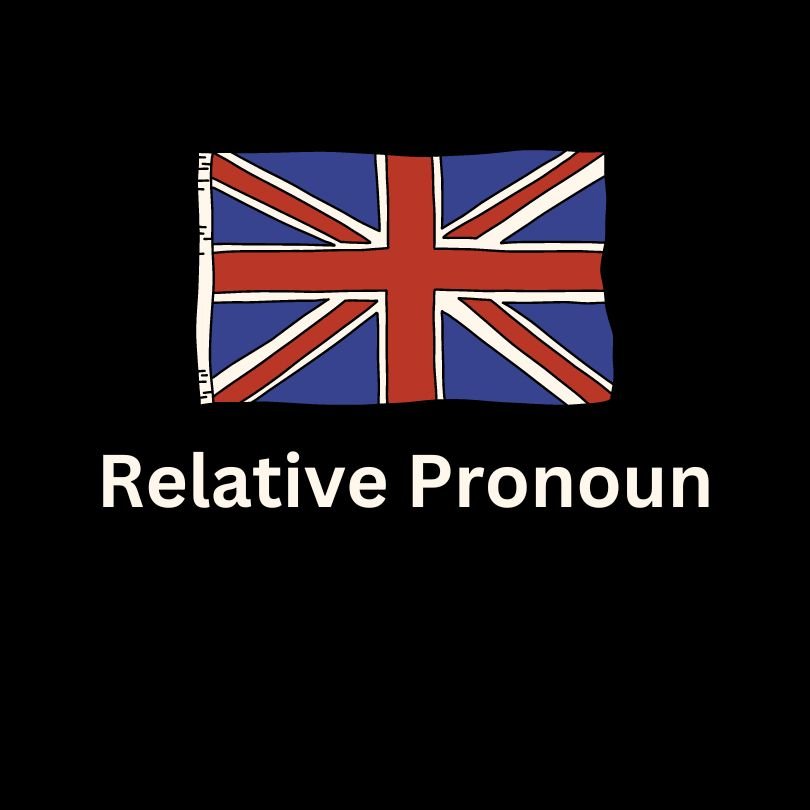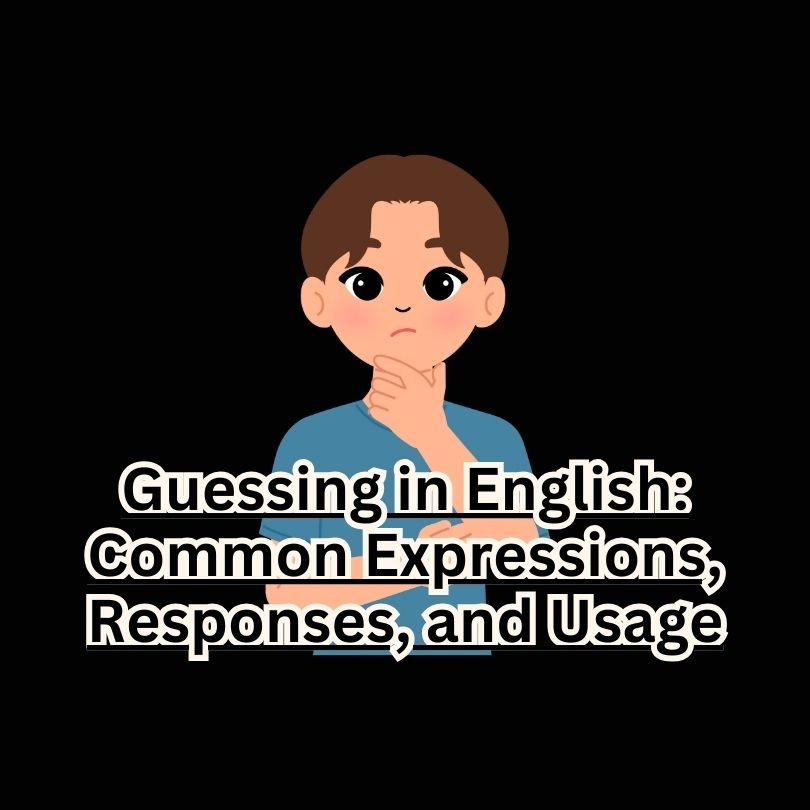Definition
The Past Perfect Tense is used to express an action that was completed before another action or event in the past. It highlights the sequence of events, showing which action happened first. The past perfect tense is formed by combining the auxiliary verb “had” with the past participle of the main verb.
Uses
- Action Completed Before Another Past Action:
Examples:
- By the time she arrived at the party, John had already left. (John’s departure happened before her arrival at the party. The past perfect tense “had left” shows that his leaving occurred first.)
- When I got home, I realized I had forgotten my keys. (Forgetting the keys happened before getting home. The past perfect tense “had forgotten” emphasizes the sequence.)
- They had finished the meeting before the boss arrived. (The meeting was completed before the boss’s arrival. The past perfect tense “had finished” indicates the prior action.)
- Action Completed Before a Specific Time in the Past:
Examples:
- He had finished his homework before 8 PM. (This sentence indicates that the homework was completed prior to 8 PM. The past perfect tense “had finished” emphasizes the action was done by that specific time.)
- By midnight, she had packed all her bags. (The packing was completed by midnight. The past perfect tense “had packed” shows the action’s completion before the specified time.)
- The train had departed before we reached the station. (The departure of the train occurred before reaching the station. The past perfect tense “had departed” highlights the sequence of events.)
- Cause and Effect in the Past:
Examples:
- They were happy because they had won the match. (The reason for their happiness (winning the match) happened before they felt happy. The past perfect tense “had won” indicates the cause of their happiness.)
- She was tired because she had worked all day. (Working all day caused her tiredness, which is highlighted by the past perfect tense “had worked.)
- He felt relieved because he had completed his assignment. (Completing the assignment caused his relief. The past perfect tense “had completed” shows the reason for his feeling.)
Pattern
The grammatical pattern of the Past Perfect Tense is:
- Affirmative: Subject + had + past participle (e.g., She had eaten.)
- Negative: Subject + had + not + past participle (e.g., She had not eaten.)
- Interrogative: Had + subject + past participle? (e.g., Had she eaten?)
Time Signals
Common time signals used with the Past Perfect Tense include:
- Before
- By the time
- When
- Already
- Until
- Never
Common Mistakes and How to Avoid Them
- Using the Past Simple Instead of Past Perfect:
- Mistake: She finished her work before he arrived.
- Correction: She had finished her work before he arrived.
- Tip: Remember to use “had” to show the action was completed before another past action.
- Forgetting the Auxiliary Verb “Had”:
- Mistake: They eaten before they went out.
- Correction: They had eaten before they went out.
- Tip: Always use “had” with the past participle to form the past perfect tense.
- Confusing Past Perfect with Present Perfect:
- Mistake: She has gone home before I called.
- Correction: She had gone home before I called.
- Tip: Use “had” for actions completed before another past event, not “has/have.”
Conclusion
The Past Perfect Tense is essential for describing actions that were completed before another event or time in the past. By understanding its definition, uses, pattern, and common time signals, learners can effectively use this tense to convey clear and accurate information about past events. Avoiding common mistakes and practicing regularly will help in mastering the past perfect tense.



